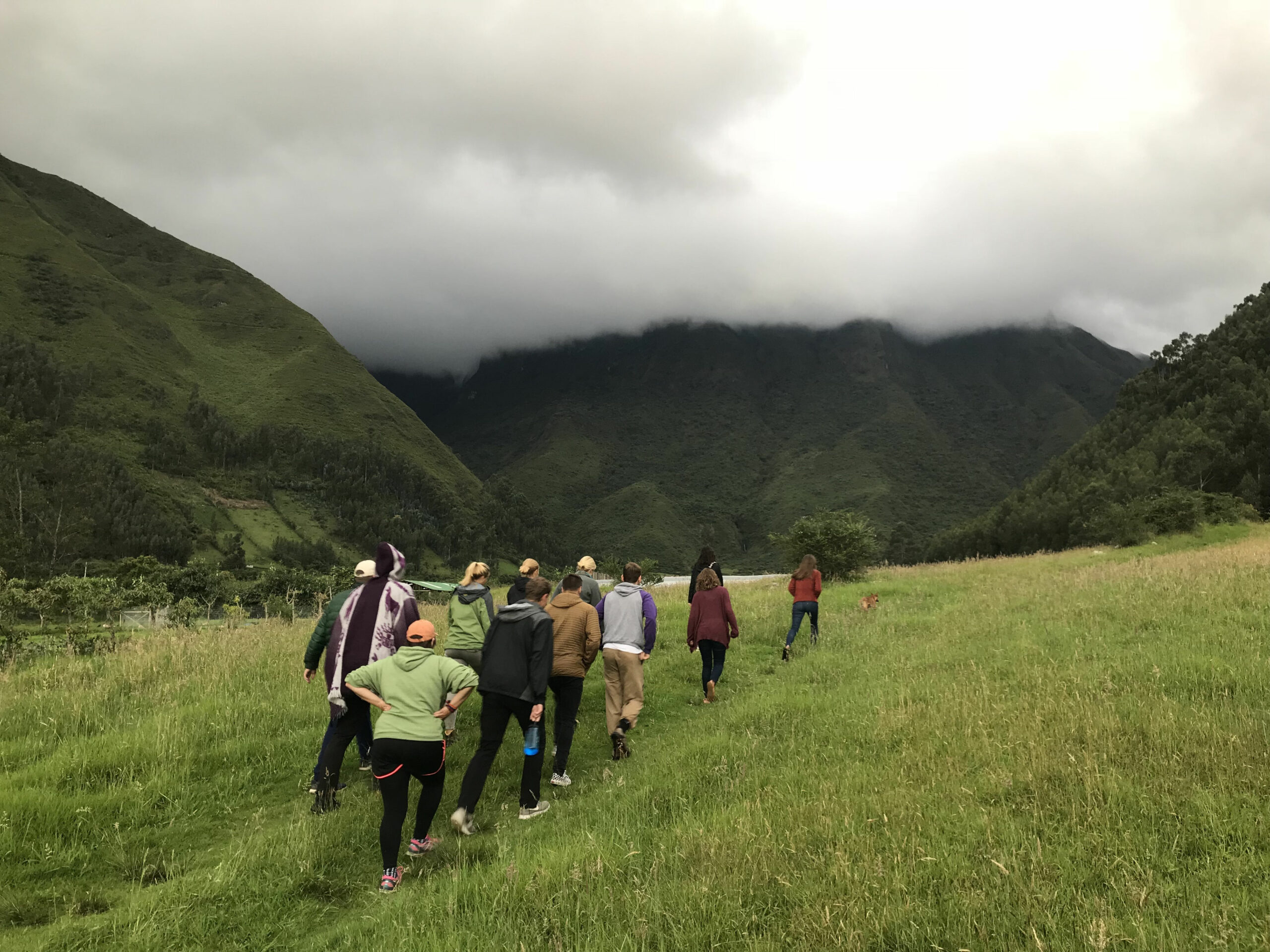International and domestic study opportunities will be adapted in 2021 with new locations and opportunities beyond the traditional Study-Service Term. With four semesters of SST cancelled due to COVID-19, many students are scrambling for more flexible options to receive their SST credits, and the international education office is working to meet students’ needs.
Jan Bender Shetler, director of international education, has been working with faculty to create a wide variety of international and domestic travel courses. Each program is led by a professor, and according to Bender Shetler, they fall under “two buckets:” INTL 251 Cultural Perspectives and INTL 271 Community Engaged Learning.Cultural perspectives classes will be oriented towards learning about the cultures, traditions and current issues of a particular group of people, while community engaged learning classes will be oriented towards voluntary service.
Despite a turbulent year, Bender Shetler is optimistic that these new opportunities will be successful and more accessible to students than a traditional, three-month long SST semester. However, she does not dismiss the possibility that COVID-19 will continue to complicate matters.
“You think you’re in the clear, and then something else switches,” she said, “I think we’ve learned to watch things closely and pivot pretty quickly.”
Next year, there will be two local opportunities offered in the spring semester, allowing students to receive SST credit without traveling. One of these courses, a virtual public health practicum with Mennonite Central Committee, was piloted this year. The other is entitled “Latino Community Histories with the Goshen Historical Society,” and will focus on collecting oral histories of the Latino community in Goshen.
In May term 2022, there will be opportunities to travel to India, Guatemala, London and across the Midwest, along with a service opportunity with Mennonite Disaster Service in a to-be-determined location.
Professors who have an interest in leading an immersive trip pitch their ideas to Bender Shetler, and they design the course together, taking advantage of each professor’s area of expertise. Some of the course’s titles are “Youth and Resilience in Guatemala” with Robert Brenneman, “Fictions of Empire in London” with Peter Miller, and “Ecology and Sustainability in the Indian Himalayas” with Jonathan Schramm.
Students who take the cultural perspectives course in India during May Term will also have the opportunity to earn three community engaged learning credits by staying in India until June 18, and will have the opportunity to work with local organizations on issues such as environmental sustainability, economic viability and social equity.
There will also be a three week long course offered in the summer, entitled “Ecological Economics in Arizona” led by Jerrell Ross Richer, professor of economics. While Ross Richer hopes that students can learn about economics, ecology and the wide variety of cultures in the region, one of his most important personal goals is to get students out of their comfort zone and exploring.
“I think that the May Term courses that we do on campus are some of the best opportunities we offer our students,” he said. “It’s real experiential learning, where we’re actually just running around, meeting different people, appreciating a different kind of environment and having different types of experiences that you could never have in NC17.”
Students will be able to interact with ranchers, scientists, and indigenous populations, and will experience a diverse mix of natural flora and fauna. They will also learn about efforts to protect native lands and animals, such as jaguars, and will travel to the Mexico-U.S. border.
Cross-cultural experiences have been a key element of the Goshen College experience, and Bender Shetler cites COVID-19 as a catalyst for more flexible and innovative ways to receive these experiences than before.
“We never thought we’d be doing that,” Bender Shetler said of the public health virtual practicum, and “by next May, we hope we are through this.”



